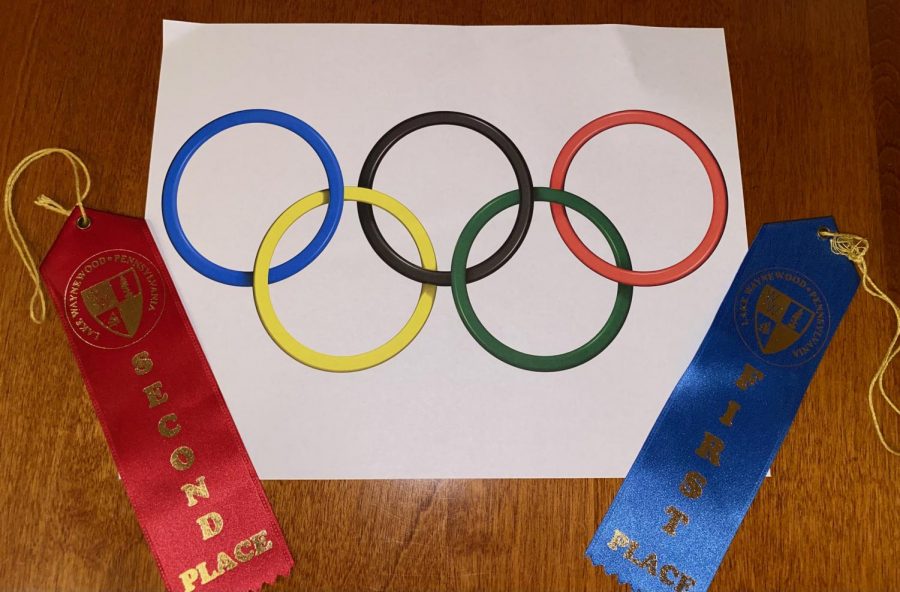Tokyo 2020 Olympics Updates
The summer olympics were supposed to be in 2020 but due to COVID-19, it has been moved to 2021.
December 17, 2020
Due to the COVID-19 pandemic, the Tokyo 2020 Olympics have been postponed to the summer of 2021 with a start date of July 23 and an end date of August 8. Tokyo has hosted the Olympics before, in 1964, and 2021 will be their second time hosting. The Paralympics, similar to the Olympics but with impaired athletes, will be held on Aug. 24. Even though the games will no longer be placed in 2020, they are keeping the name for branding and advertising of the event. Usually, the Olympics are canceled and skipped if there are complications, but the Tokyo 2020 games are the first to be postponed. The games, occurring every two years, have a high probability of taking place in 2022, as well, to maintain the usual schedule.
IB senior Neal Chauhan thinks “The Olympics should be held. With the new vaccines being created up to 94% effective, we are on the road to heavily reducing the spread of covid. In addition, the Olympics have been a world-wide tradition for centuries and serve for great ease and comfort for people of all cultures during these difficult times.”
The Olympic rings symbolize the intention to have the games, and they were present before quarantine but had to be removed due to the virus. As of Dec. 1, the rings have been placed on Tokyo’s Rainbow Bridge, indicating the Olympics will be happening this summer, despite the third wave of coronavirus cases in the United States.
Max Ivanov, another IB senior, says “I feel like holding the Olympics would not be a good idea. The Olympics involve countries from all over the world, it would be much harder to ensure everyone attending does not have covid-19. Additionally, if it were to spread at the games, the virus would then be brought back to each country, potentially spurring additional outbreaks.”
During the games in the 2010 winter Olympics in Vancouver, a return of the swine flu was taken care of due to the vaccine. However, COVID-19 has no current working vaccine and poses a larger threat. For the 2016 Olympics in Rio de-Janeiro, the zika virus took the world by surprise, but it was not as threatening as the coronavirus, since the zika virus was not transmittable between people directly.
Rest assured, participants will have to adhere to the strict protocols and rapid testing to ensure safety. The Olympics usually have the fans of the athletes attend, but with the virus, there will be a limited number of people able to attend. Since the fans contribute a large amount to ticket sales, they might be a little lenient with the limits, but the final policies have yet to be made. The athlete participants themselves would have to minimize their stay and return to their home countries soon after their events are finished.
Chauhan also believes “Even with the new vaccine developments, I still think the precautions taken in other sports leagues should be applied to the Olympics, including no live attendance from fans, social distancing, mask enforcements, and limitations on numbers of crew members.”
The Olympics have decided to address these areas in regards to COVID-19 precautions:
- travel/country access
- physical distancing
- personal protective equipment/cleaning
- food and beverage
- testing/tracking/isolating
- information provision and vaccines
Other updates with the games include the introduction of new activities, with 3×3 basketball, freestyle BMX, Madison cycling, karate, sport climbing, surfing, and skateboarding. Freestyle BMX involves stunts done on a BMX bicycle, and Madison cycling combines relay and track cycling. Softball and baseball will also be included; they took place in 2008, but the Tokyo 2020 Olympics will feature them for the first time since then.



















